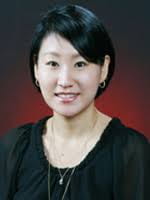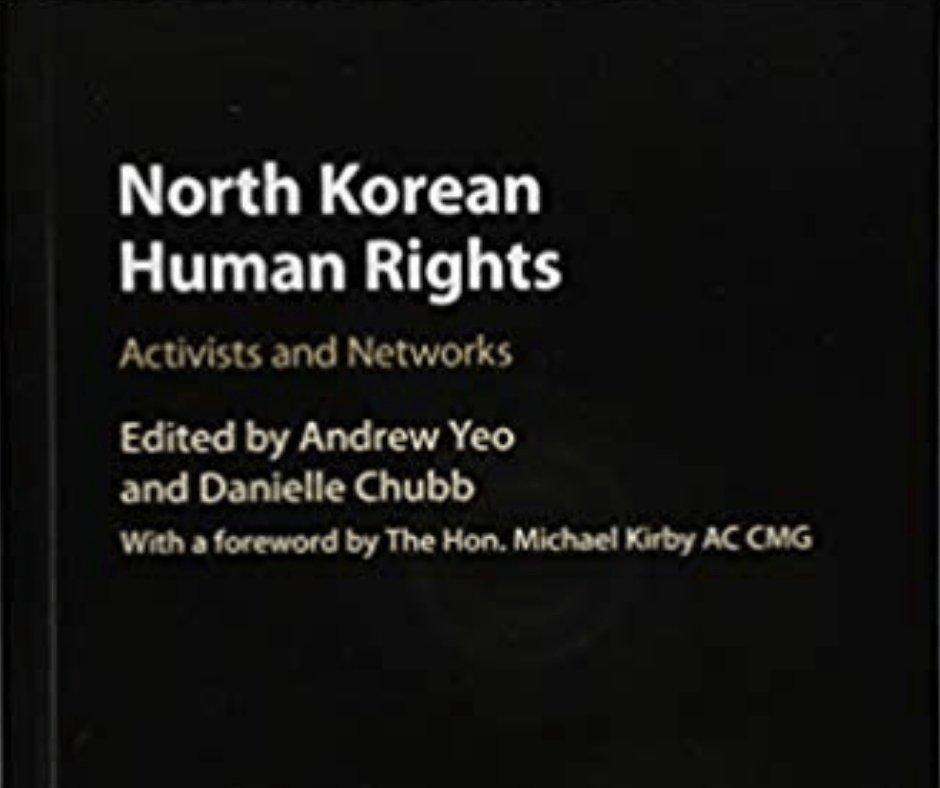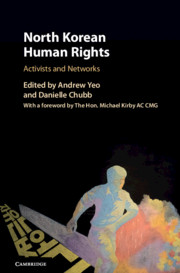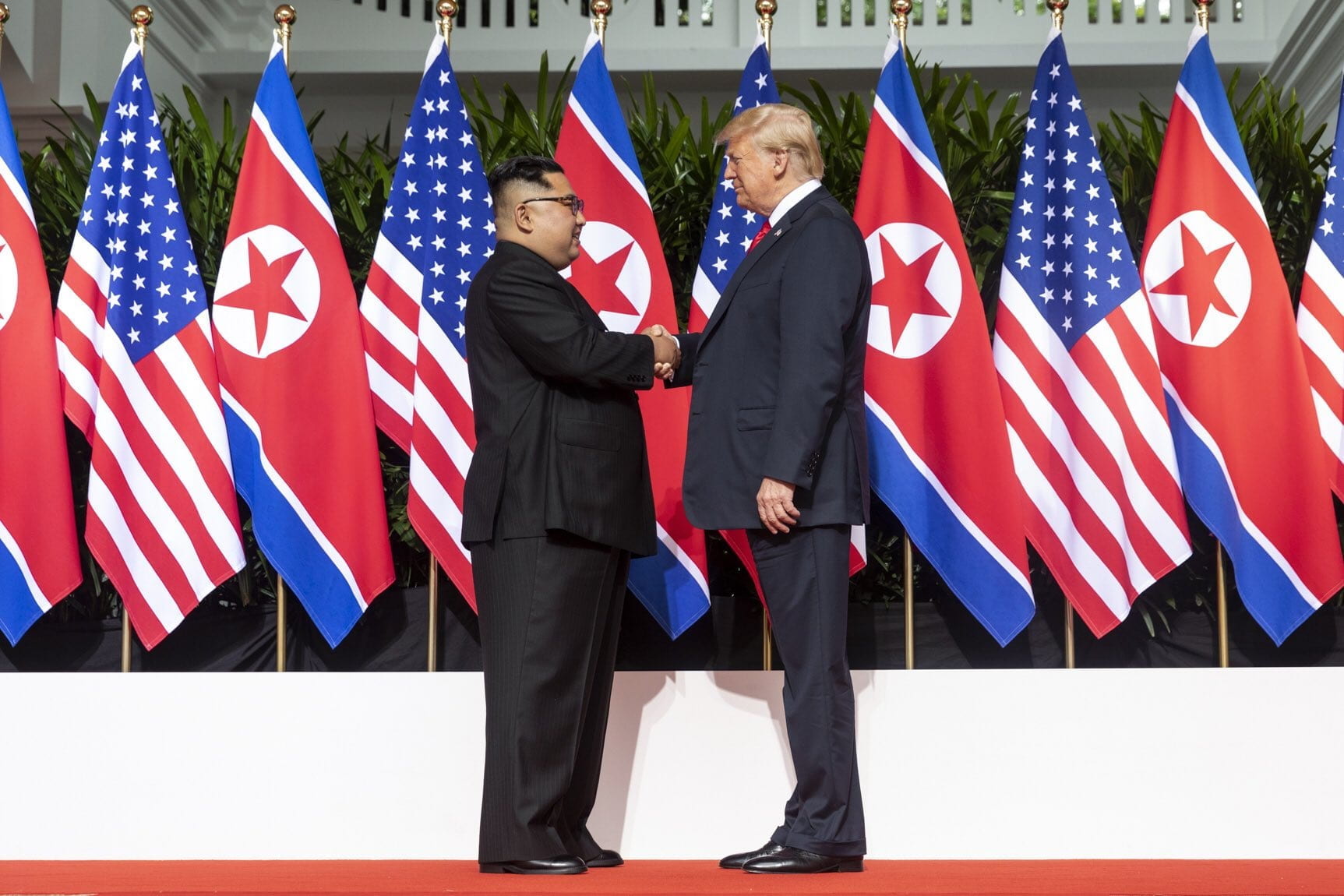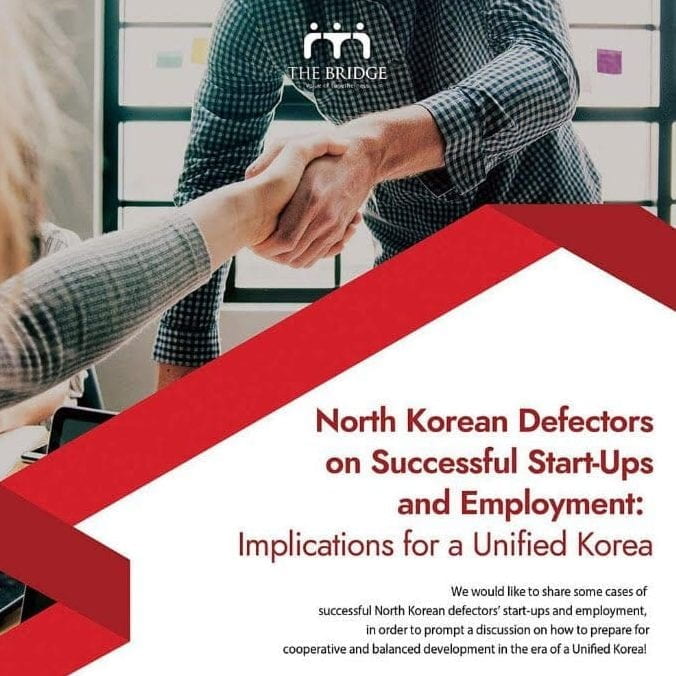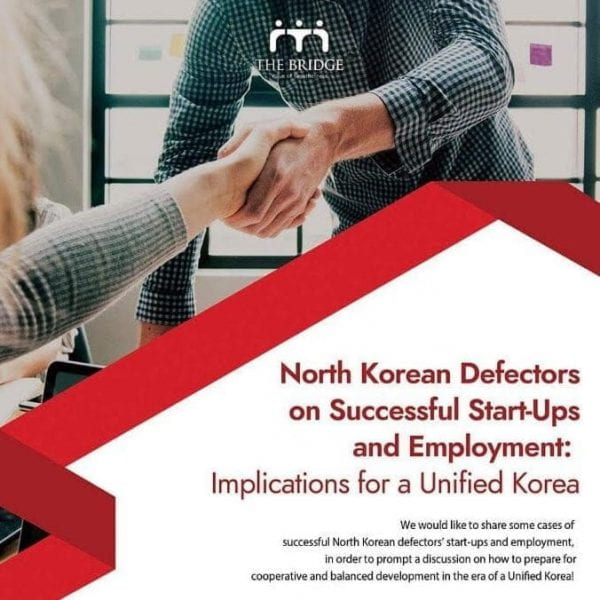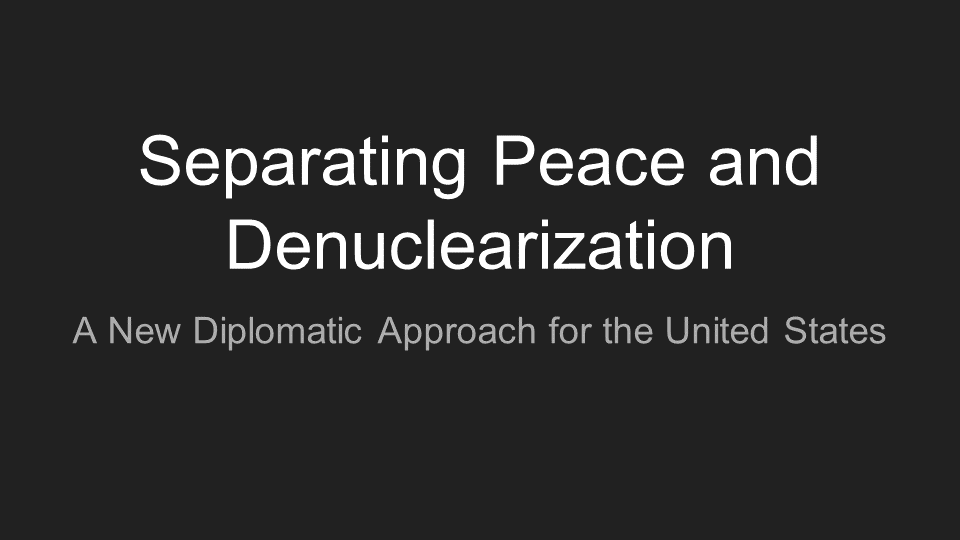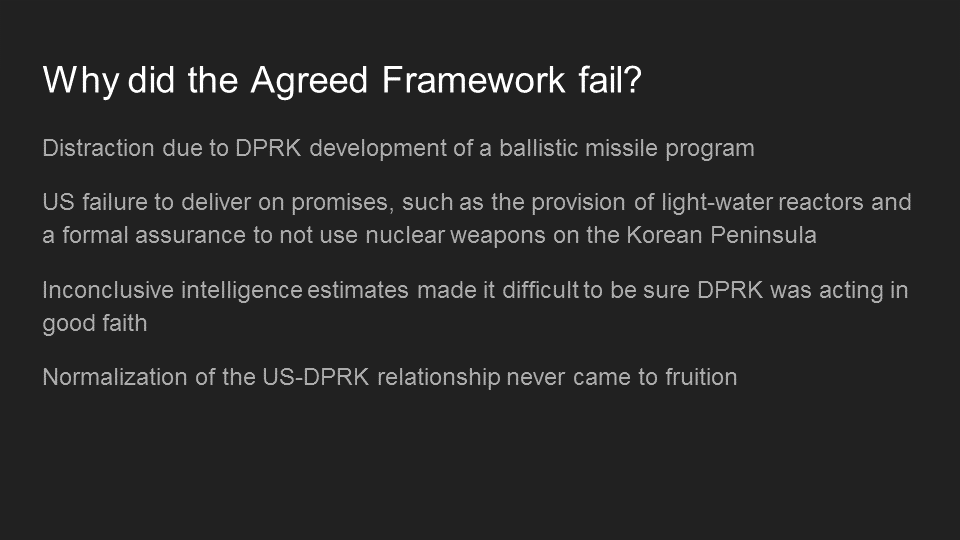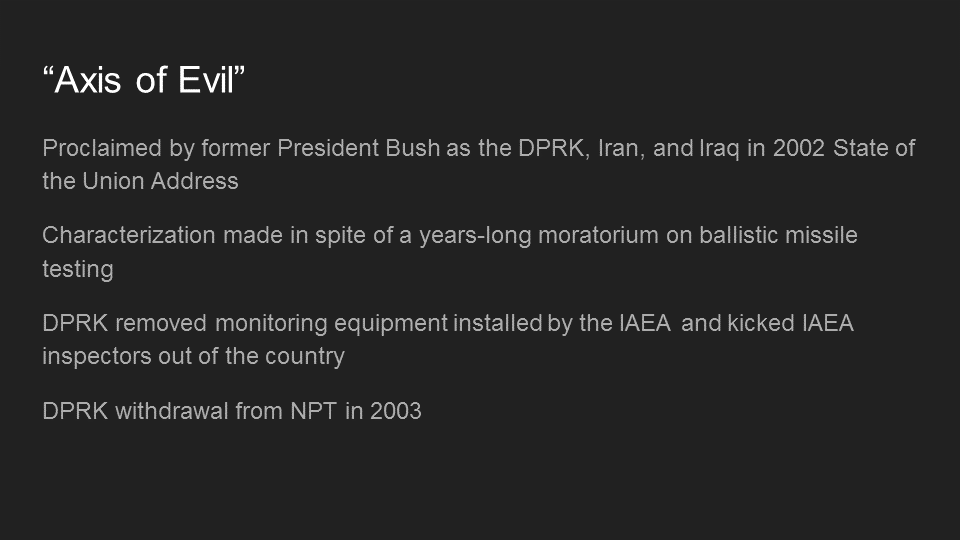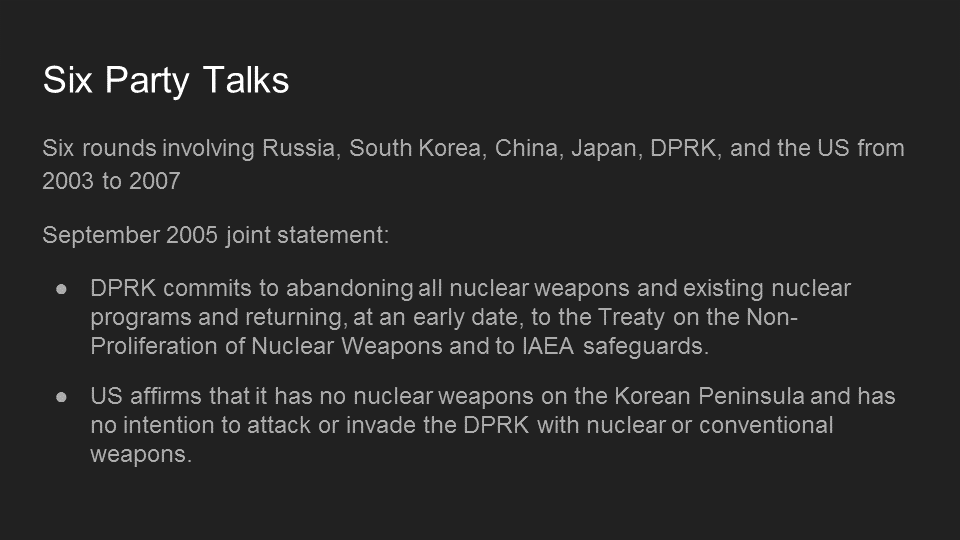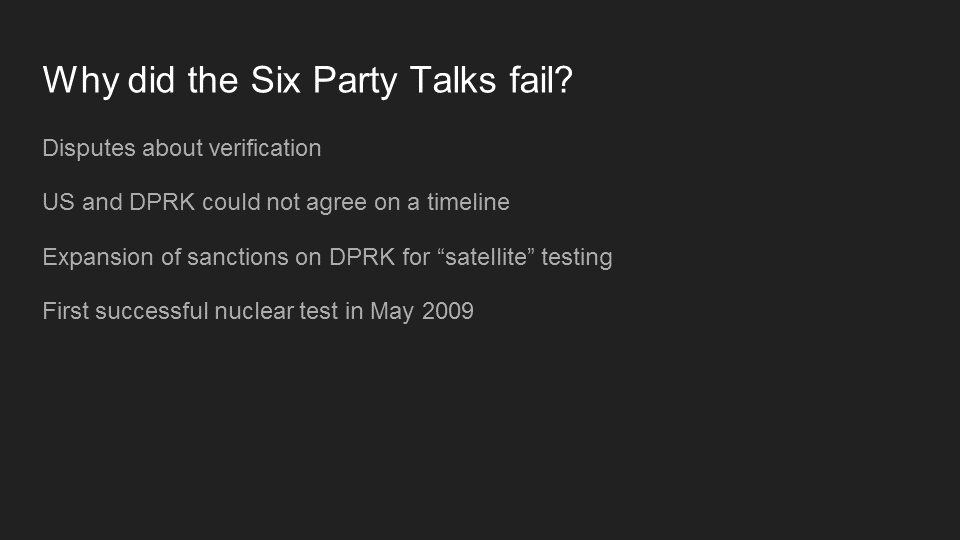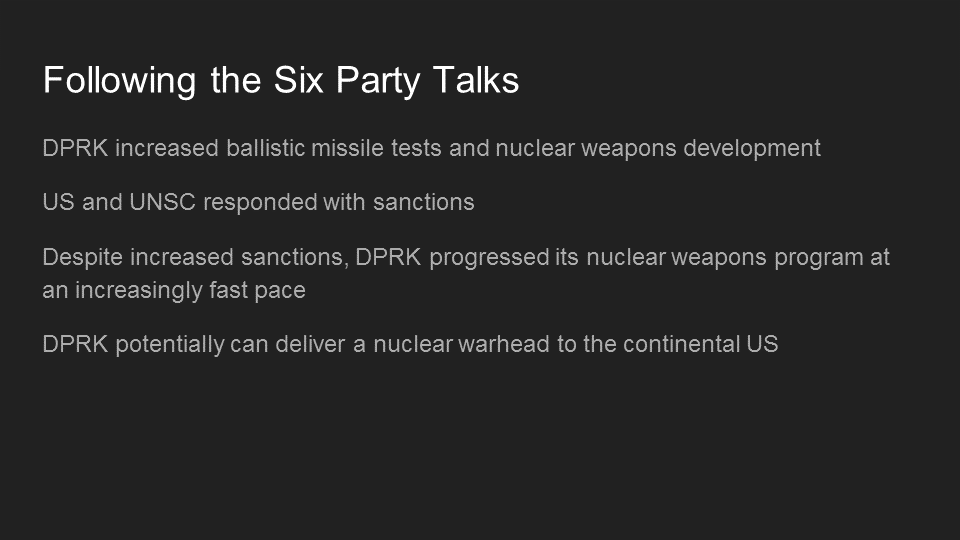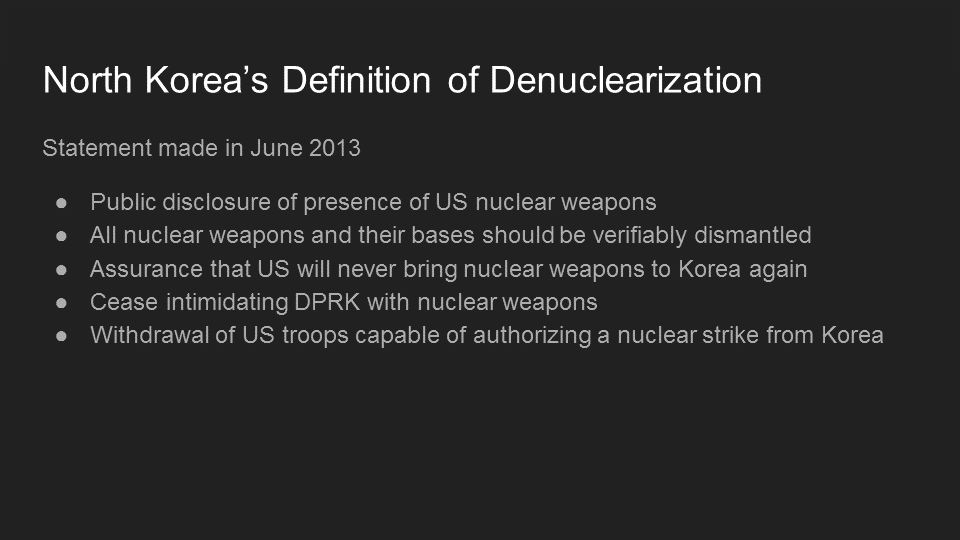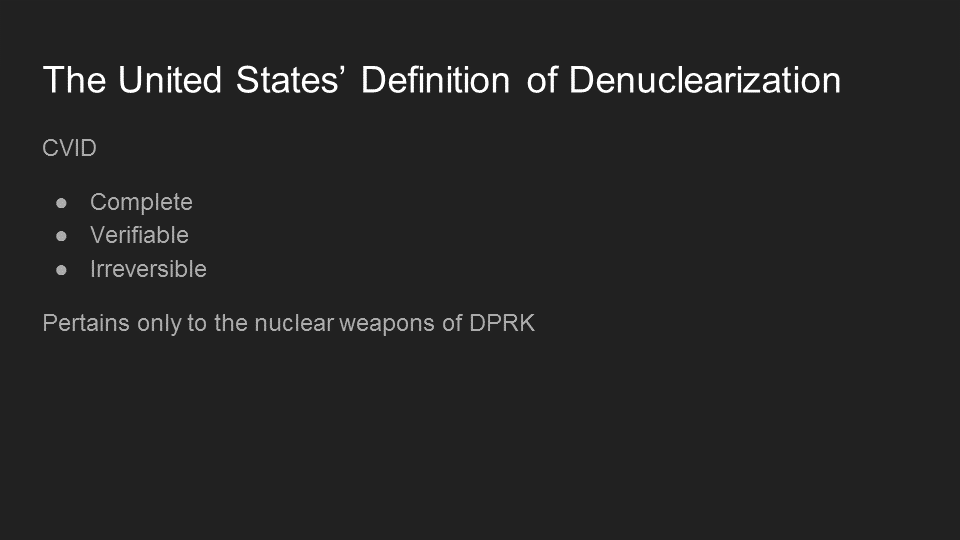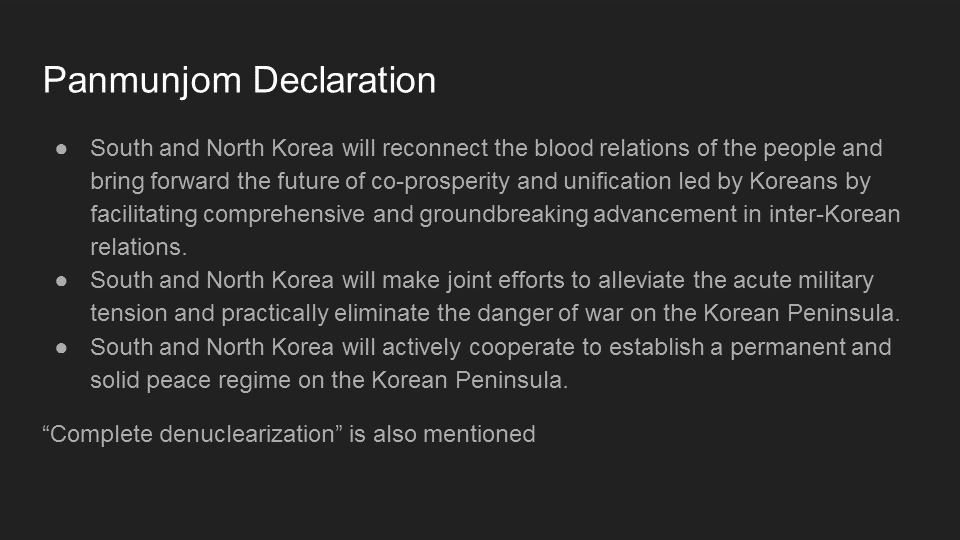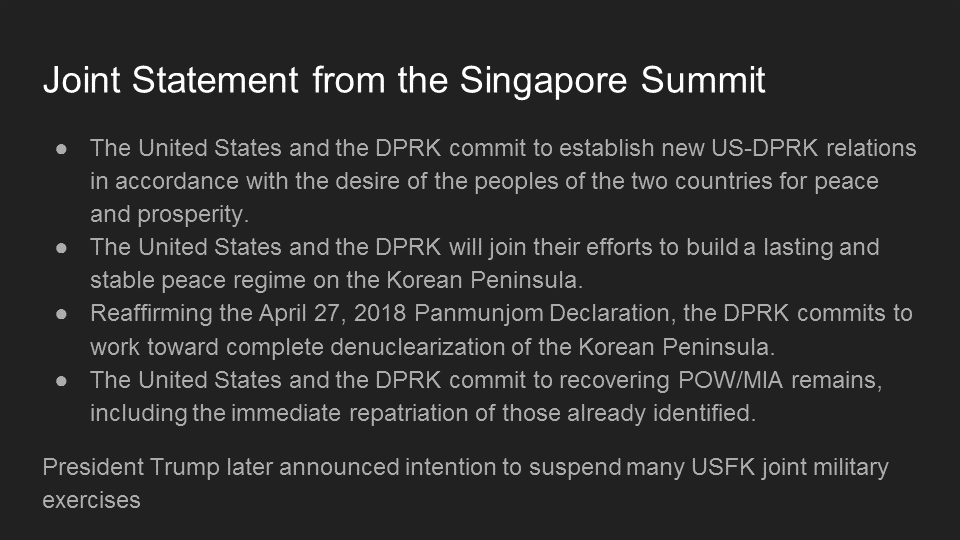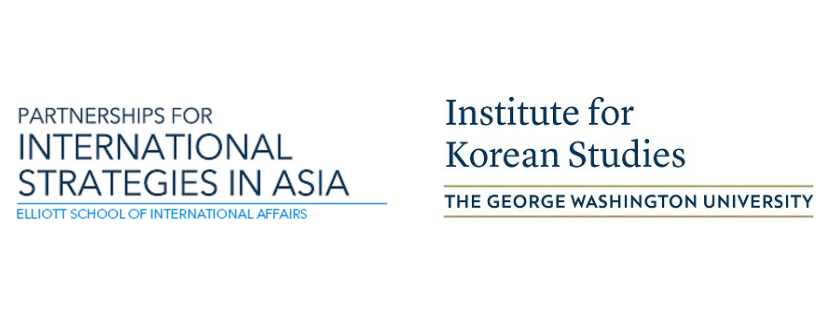
Lecture Series with BG Muhn
North Korean Art: Transcending Ideologies
1957 E St. NW, Room 602, Washington, DC 20052
Professor B.G. Muhn’s talk will be focusing on the exhibition he curated in South Korea, which is held at the 2018 Gwangju Biennale until November 11, 2018, “North Korean Art: Paradoxical Realism.” This North Korean art exhibition at the Biennale is most probably the first opportunity for the people of South Korea and around the world to see North Korean art in its full spectrum within the context of Socialist Realism art. Within the realm of Socialist Realism art, North Korea is the only country that, after the fall of the Soviet Union, is still creating Socialist Realism in the world, and it is worth noting that the art has developed a unique expression and characteristics.
Speaker: Professor BG Muhn, Department of Art and Art History, Georgetown University
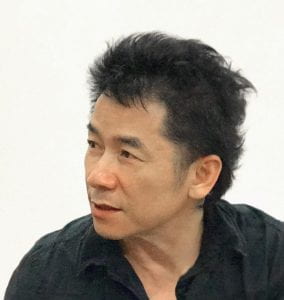 BG Muhn, a painter and art professor at Georgetown University, has achieved substantial and noteworthy professional recognition through solo exhibitions in venues such as Stux Gallery in Chelsea in New York City, Ilmin Museum of Art in Seoul and the American University Museum in Washington, DC. He also has received acclaim in reviews and interviews, appearing in prominent media such as The New York Times, Art in America and CNN. BG Muhn is an authority on North Korean art. He has made nine research trips to DPRK to visit museums and interview artists and has been giving lectures on North Korean art at numerous academic and cultural venues including Georgetown, Johns Hopkins, Columbia, Harvard universities and Water Mill Art Center for Robert Wilson. He curated “Contemporary North Korean Art: Evolution of Socialist Realism” at the American University Museum in Washington, DC in 2016. His article on the issue was featured in a global British magazine, Index on Censorship (2017), and his interview was included in a British magazine Contra (2018). His eight-year endeavor on the research of Chosonhwa culminated in his recently published book, Pyongyang Art: The Enigmatic World of Chosonhwa (2018, Seoul Selection, 300 pages). Muhn was also chosen as curator for the North Korean art exhibition, North Korean Art: Paradoxical Realism at the 2018 Gwangju Biennale in Korea.
BG Muhn, a painter and art professor at Georgetown University, has achieved substantial and noteworthy professional recognition through solo exhibitions in venues such as Stux Gallery in Chelsea in New York City, Ilmin Museum of Art in Seoul and the American University Museum in Washington, DC. He also has received acclaim in reviews and interviews, appearing in prominent media such as The New York Times, Art in America and CNN. BG Muhn is an authority on North Korean art. He has made nine research trips to DPRK to visit museums and interview artists and has been giving lectures on North Korean art at numerous academic and cultural venues including Georgetown, Johns Hopkins, Columbia, Harvard universities and Water Mill Art Center for Robert Wilson. He curated “Contemporary North Korean Art: Evolution of Socialist Realism” at the American University Museum in Washington, DC in 2016. His article on the issue was featured in a global British magazine, Index on Censorship (2017), and his interview was included in a British magazine Contra (2018). His eight-year endeavor on the research of Chosonhwa culminated in his recently published book, Pyongyang Art: The Enigmatic World of Chosonhwa (2018, Seoul Selection, 300 pages). Muhn was also chosen as curator for the North Korean art exhibition, North Korean Art: Paradoxical Realism at the 2018 Gwangju Biennale in Korea.
Moderator: Professor Janis Goodman, Department of Fine Arts, The George Washington University
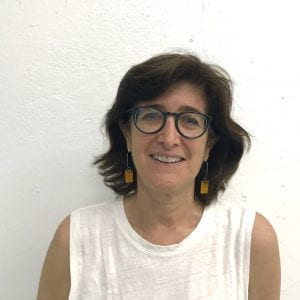 Janis Goodman is a Washington DC-based artist. She is currently a Professor of Fine Arts at the Corcoran School of Arts/George Washington University in Washington, DC. She was one of the founders of the arts group Workingman Collective. She is the arts reviewer for Around Town, WETA TV a PBS affiliate. She was awarded a Franz and Virginia Bader Award and DC Commission on the Arts Grant for 2018. Janis Goodman’s drawings and paintings move between the narrative and the deconstructed. The paintings are based on intuition and first-hand experience. Years of hiking national parks and kayaking rivers along the east coast have formed the backdrop of her work. Her fascination with natural phenomenon fuels her interest in movement, line, image, and color. Ms. Goodman’s work follows the invisible energy paths connecting the dots between the observed, imagined and remembered. Ms. Goodman’s interest in the arts and education has been fueled by extensive travel through Asia and western Europe. Janis has been an artist in resident for the past three years at the Shoals Marine Lab on Appledore Island, ME. Her work with Shoals underscores her interest in ecology and the paths of nature.
Janis Goodman is a Washington DC-based artist. She is currently a Professor of Fine Arts at the Corcoran School of Arts/George Washington University in Washington, DC. She was one of the founders of the arts group Workingman Collective. She is the arts reviewer for Around Town, WETA TV a PBS affiliate. She was awarded a Franz and Virginia Bader Award and DC Commission on the Arts Grant for 2018. Janis Goodman’s drawings and paintings move between the narrative and the deconstructed. The paintings are based on intuition and first-hand experience. Years of hiking national parks and kayaking rivers along the east coast have formed the backdrop of her work. Her fascination with natural phenomenon fuels her interest in movement, line, image, and color. Ms. Goodman’s work follows the invisible energy paths connecting the dots between the observed, imagined and remembered. Ms. Goodman’s interest in the arts and education has been fueled by extensive travel through Asia and western Europe. Janis has been an artist in resident for the past three years at the Shoals Marine Lab on Appledore Island, ME. Her work with Shoals underscores her interest in ecology and the paths of nature.
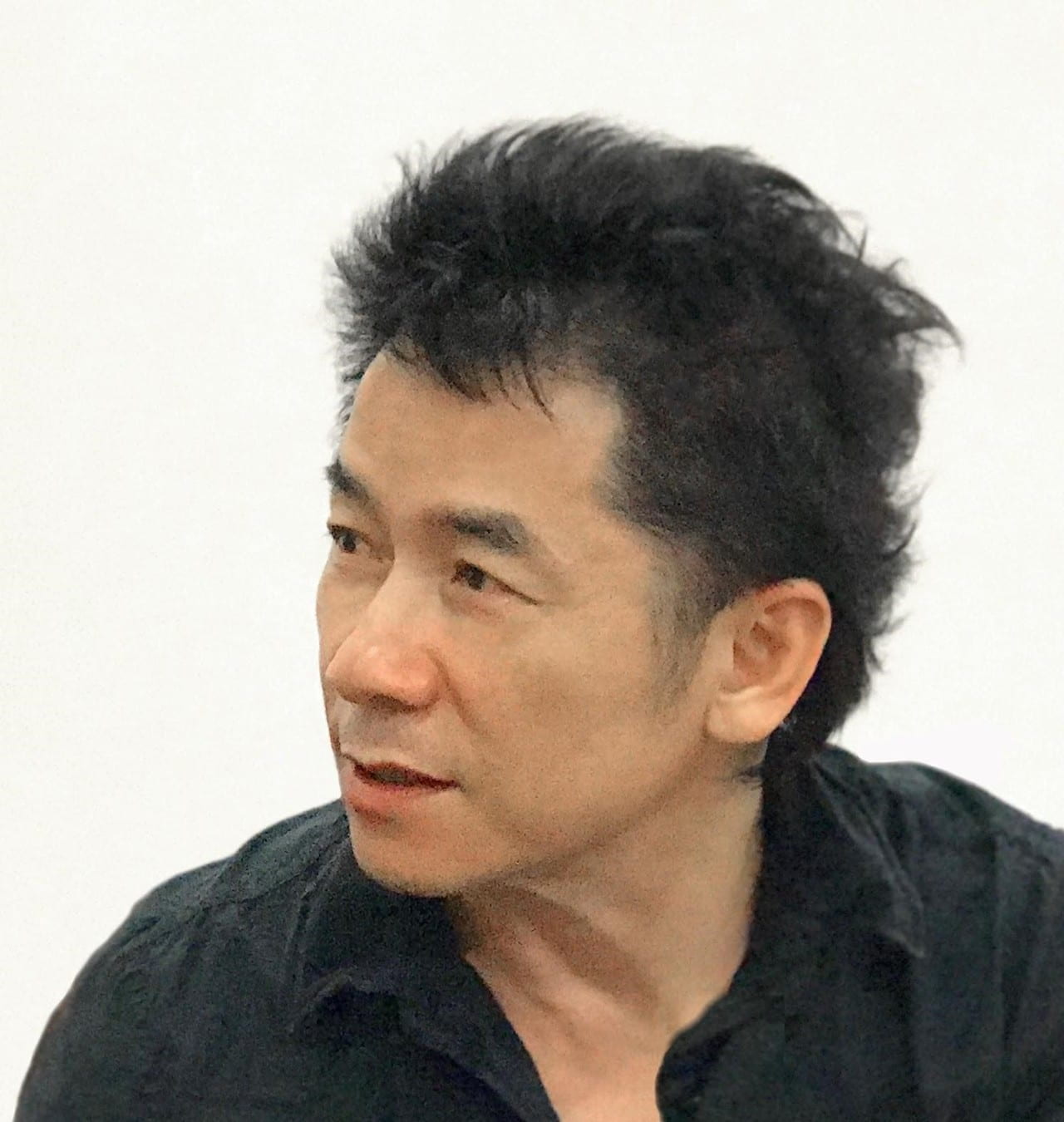
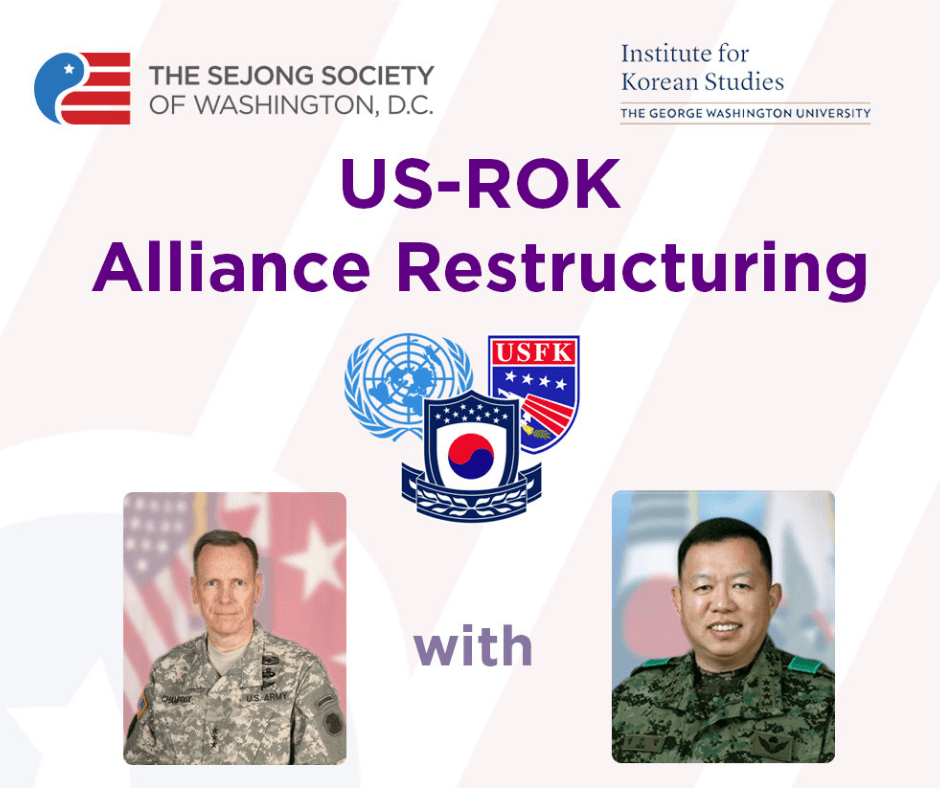
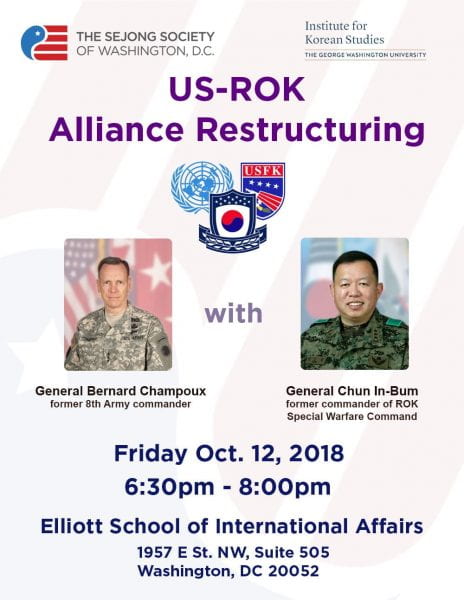
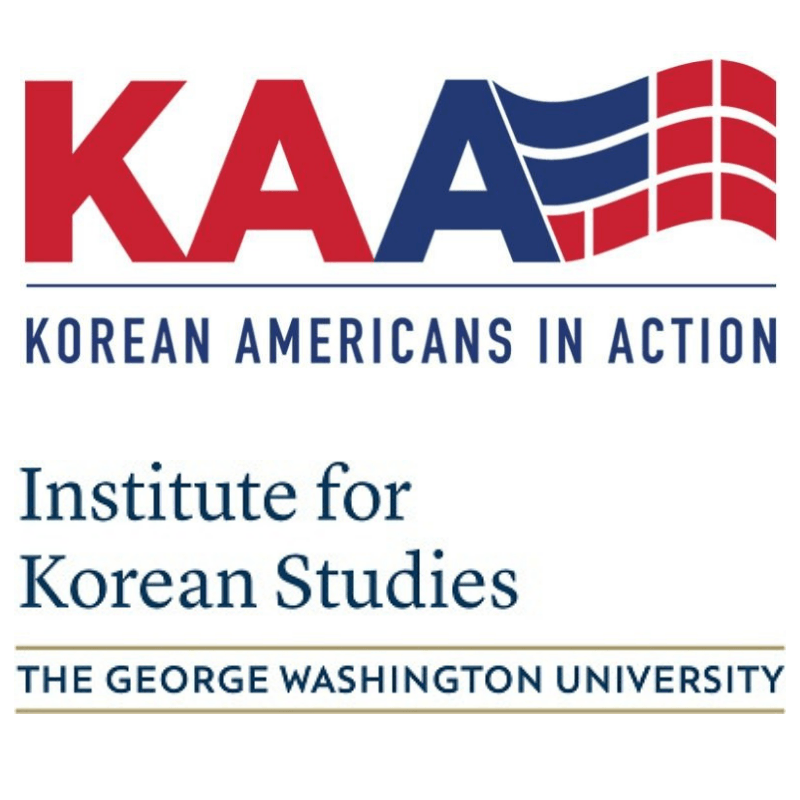
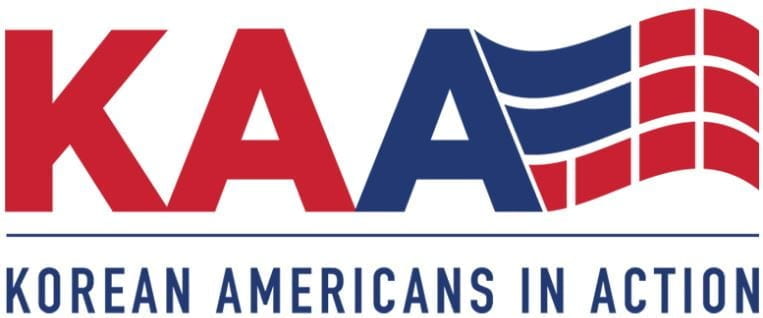


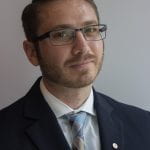
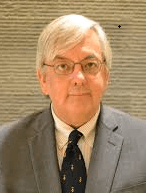 Vice President, Korea Economic Institute of America
Vice President, Korea Economic Institute of America